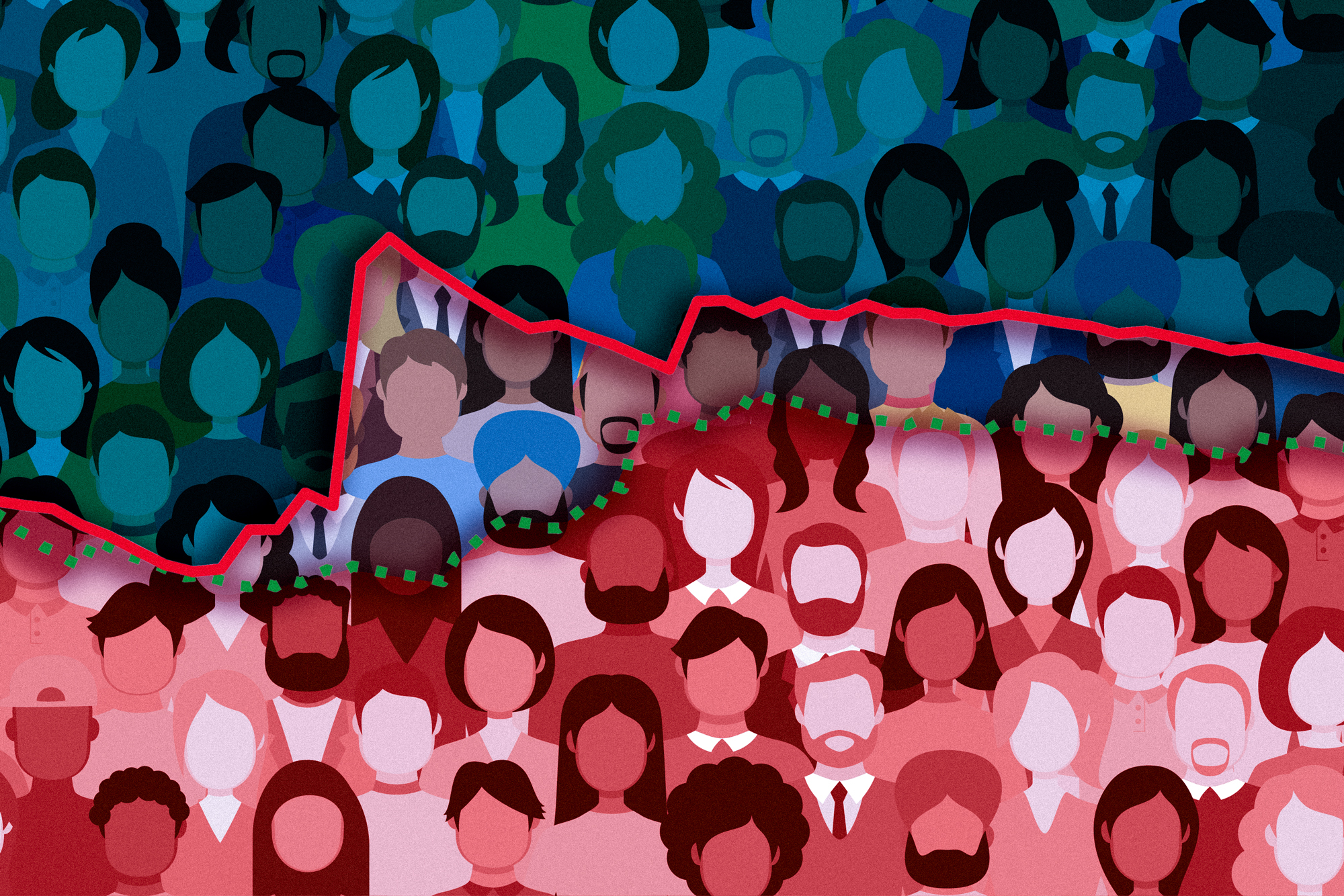Why parents shouldn't be saddled with environmental guilt for having children
Much of the debate regarding the environmental cost of childbearing is underpinned by one influential study. Given the global commitment to net zero, should this be revisited?
Sept. 22, 2022 • ~7 min






